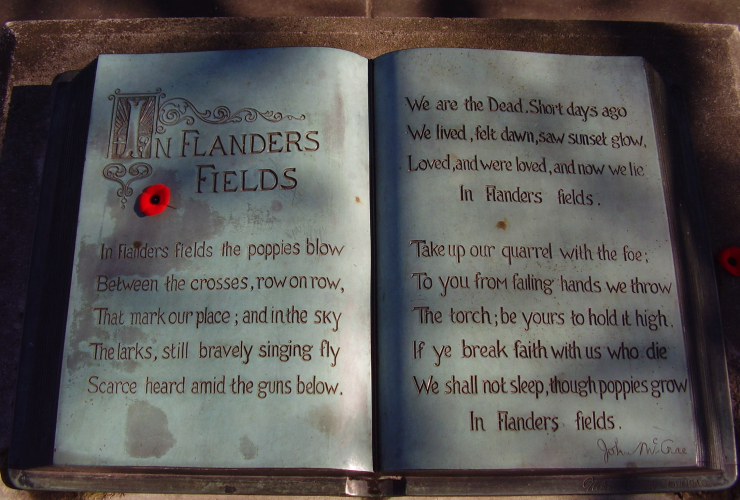Support journalism that lights the way through the climate crisis
The son of a decorated 94−year−old war veteran says he’s shocked after receiving word Monday afternoon that Petter Blindheim has been rejected once again in his bid to stay in one of 13 beds available at the federally funded Camp Hill Veteran’s Memorial hospital in Halifax.
Peter Blendheim, whose last name is spelled differently from his father’s, said the decision leaves him wondering how to provide safe care for the frail veteran of the Norwegian Royal Navy, who is set to receive Norway’s Commemorative Medal in a ceremony on Thursday.
"The sad end to this might be that he does break his hip. ... It’s ridiculous," he said.
The family has conducted a lengthy public battle to gain entry to the hospital for the former merchant mariner, who has recently sustained a series of falls and has a broken arm.
Family members say Blindheim was initially rejected because Ottawa said it didn’t admit people who served in "resistance" forces, but Veterans Affairs officials later retreated from that position and told the son that the Norwegian veterans qualified as full allied veterans.
The son says he was then informed Blindheim had to show he required special care that couldn’t be provided by a provincially operated nursing home. Blendheim says he was told Monday his father failed to meet that standard.
Instead, the family is being told to apply to enter a provincial long term care facility, with Ottawa reimbursing the province for the daily costs.
A spokesman for the Nova Scotia Health Authority said the current median wait for a nursing home bed in the Halifax area is 285 days.
Blendheim worries now that his father may fall or hurt himself at night as he’s waiting for approval for a bed and begins an appeal process to enter Camp Hill that could require some months.
He also says the family believes the allied veterans deserve the same quality of care as the disabled Canadian veterans who can gain admission to Camp Hill, especially as their overall numbers dwindle rapidly.
"Let’s look after the last allied veterans. We’ve made awful restrictions for them to get in. We’ve made it almost impossible ... but let’s ease it up because now there’s room. Now we don’t have hundreds of Canadian veterans going there," he said.
"The regulation has not adapted to our current situation."
An emailed statement from the office of Veteran Affairs minister Kent Hehr says he can’t comment on a specific case.
However, the minister says that the department is contributing to costs of long term care for 6,400 veterans in 1,500 facilities which are provincially licensed, regulated or accredited.
"While we always work to deliver the support a veteran and his/her family needs, it is not always possible to do so in a specific facility of a veteran’s choosing," says the statement.
The federal government says that most veterans prefer to remain in facilities near their communities rather than the special "contract" beds in hospitals like Camp Hill.
Hehr also says that as a cabinet minister, he has to deliver programs within the legal authorities granted by Parliament. "In the case of Long Term Care, I have no ministerial authority to work outside of those parameters," says the statement.
Blendheim says he feels his father should have access to the same higher−quality care that other veterans receive at Camp Hill. The Nova Scotia Health Authority says that it receives $400 per day from Ottawa for care at Camp Hill, while provincial long term care bills paid by Ottawa would be an average of $250 per day.
Petter Blindheim was commended by the Royal Norwegian Navy for his courage when a torpedo sank a vessel he was serving on in November 1942.
After torpedoes struck the Montbretia, Blindheim ran to the deck and removed a primer from the depth charges he oversaw to help ensure they wouldn’t go off and kill sailors in the water as the ship sank.
After the war, he emigrated to Canada.



Comments